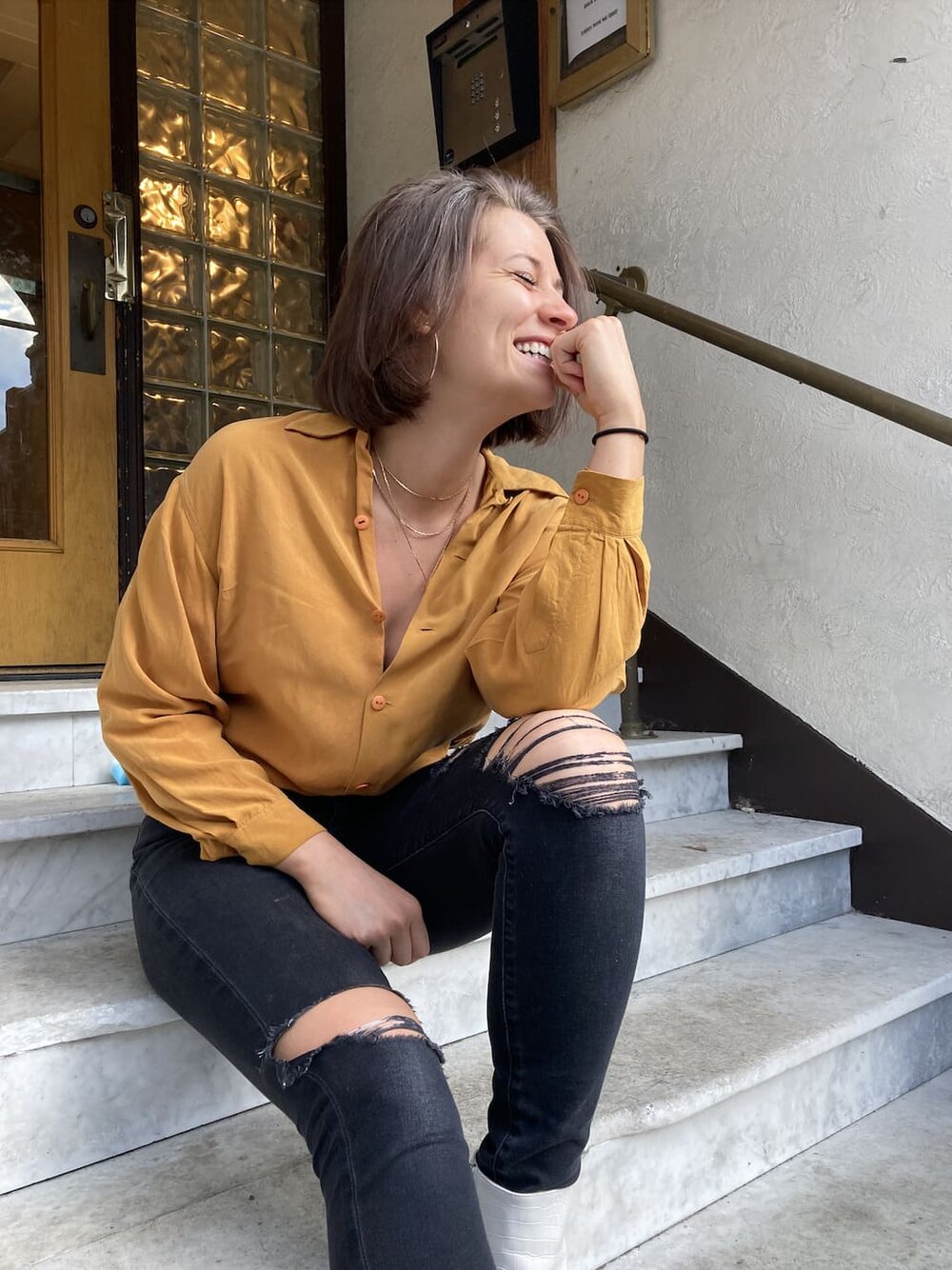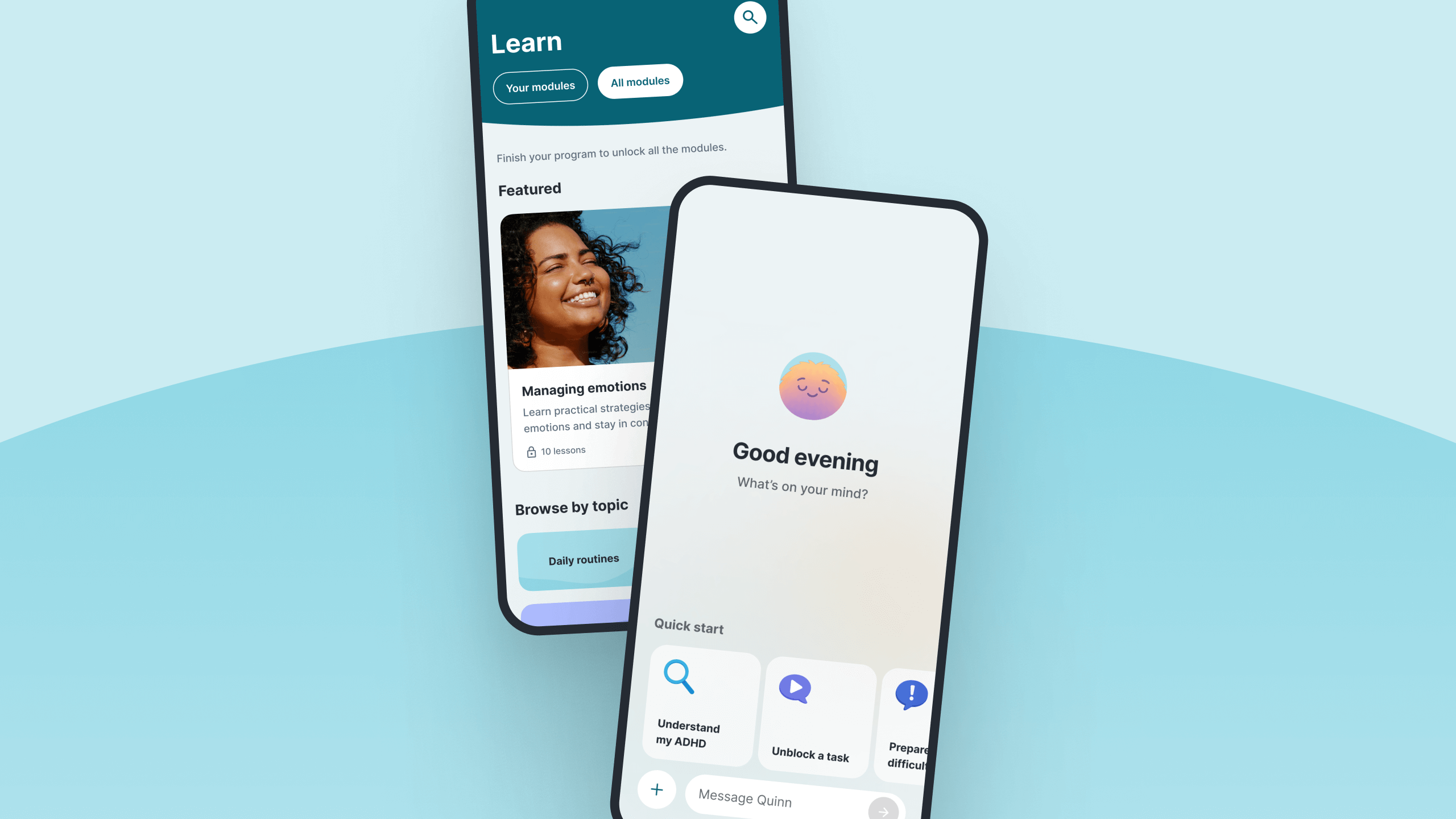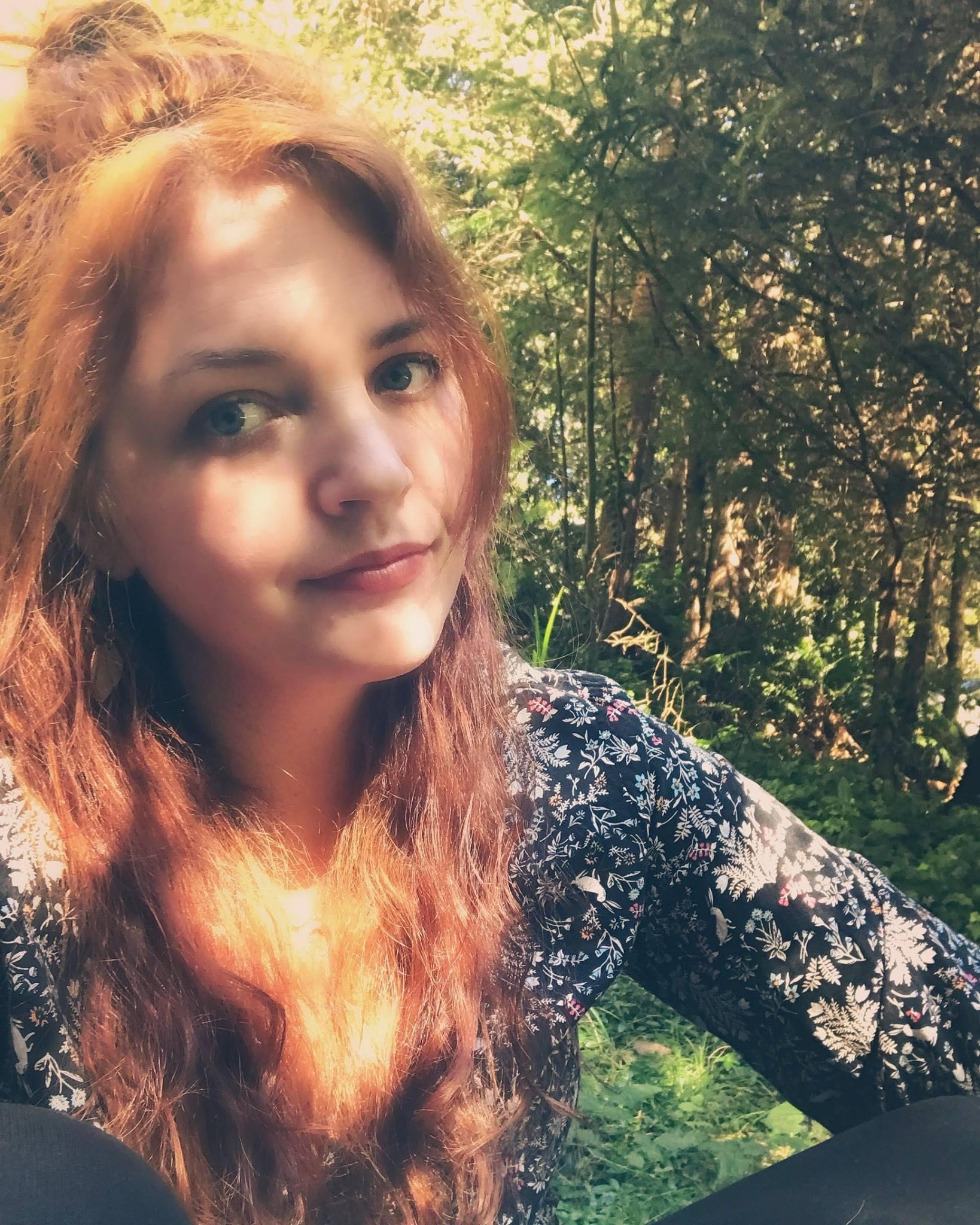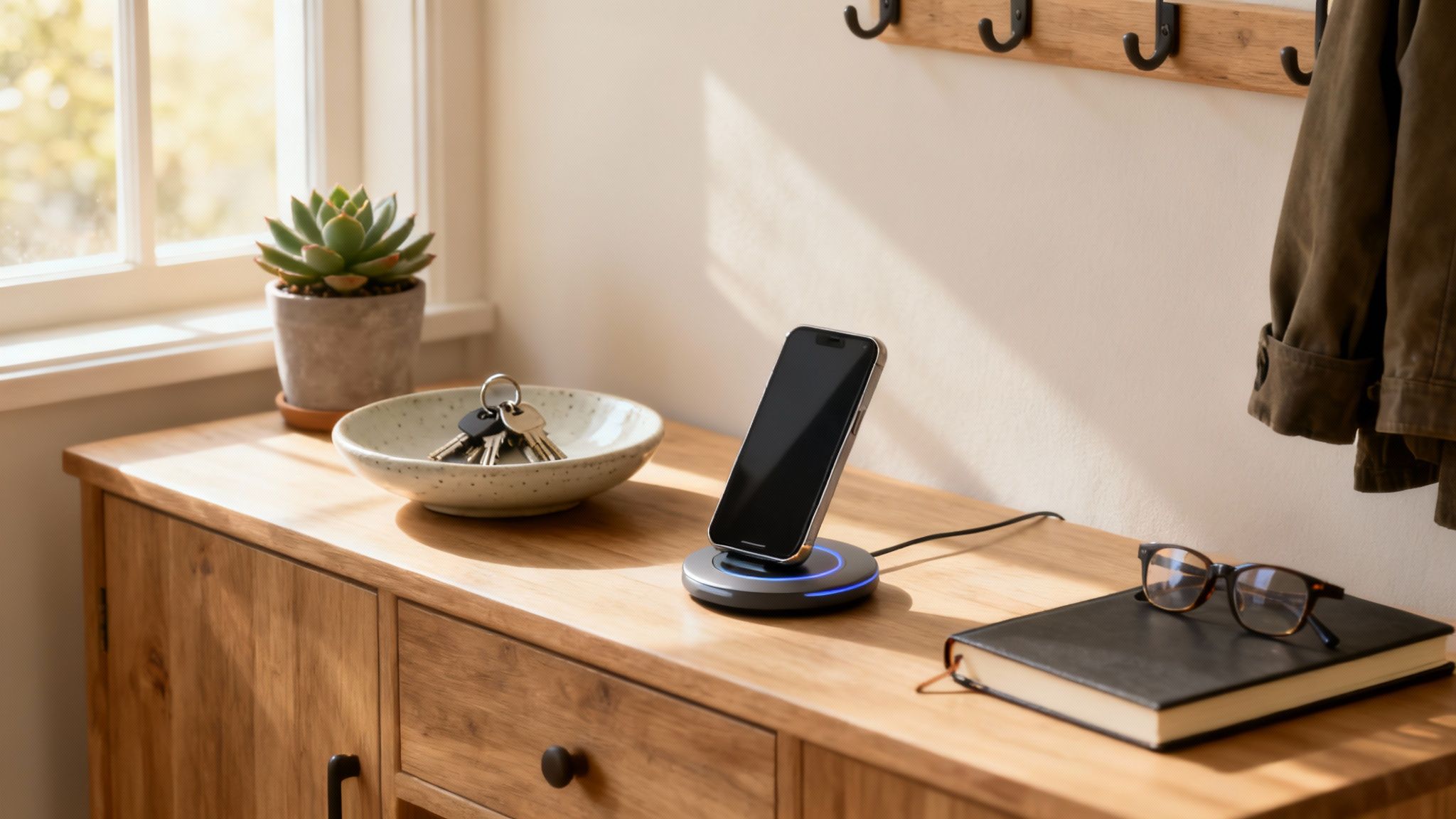The first time I truly felt trapped with one of my decisions was during my second year at university as a biology major — I realized that a decision for one thing is also a decision against so many other options.
In true ADHD fashion, I didn’t last long on that track despite my passion for the subject, so I abandoned it in favor of other career goals and interests. Of course, this kind of behavior did nothing for my sense of self-worth. How was I ever supposed to "get good" at anything if I couldn’t commit to one single thing? I WANT THEM ALL!
“OK, Sina, but what does this have to do with hobbies?”
Glad you asked — let's explore, shall we?
Confessions of a hobby-hoarder
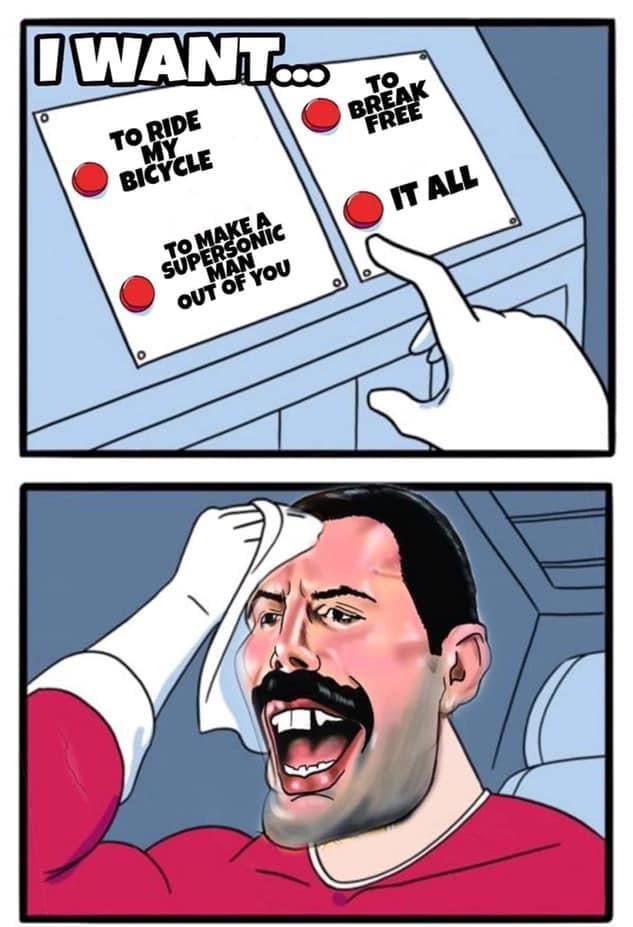
It turns out, my tendency of “collecting knowledge" isn’t limited to the professional realm — it started long before uni. As a child, I... tried gymnastics, judo, swimming, and watercolor painting; took dance lessons; read voraciously; took part in musicals and plays; played several musical instruments; and tried my hand at various crafts.
The one characteristic almost all of these hobbies shared? The brevity of my interest. Not much has changed since then, apart from having less free time to fill with hobby upon hobby. Regardless, my process usually looks something like this...
How to hoard hobbies
Step 1: Randomly stumble upon an interesting subject or hobby.
Step 2: Research intensely! Take a deep dive into special interest forums and social media groups, collect and read a bajillion beginner tutorials, compile lists of necessary gear, read countless reviews of said gear…
Step 3: Annoy family and friends with impromptu monologues littered with far too many details for any layperson to understand and enjoy.
Step 4: Convince myself that this time will be different. This time, I will keep at it!
Step 5: Spend lots of money to finally get started on the new hobby.
Step 6: Lose interest.
Step 7: Be reminded of the abandoned hobby when I walk by unfinished projects and unused accessories laying around → feel guilty until I put it away. Out of sight, out of mind, right?
Step 8: Despair at my ‘flakiness’: “Why can’t I just stick with something for once? I’ll never be good at anything!”
A jack of (literally) all trades
Just to further prove that you're not alone in your hobby-hoarding habits, here’s a non-exhaustive list of things that have sparked my interest:
- Bass, guitar, and saxophone
- Creative writing, bullet-journaling, calligraphy
- Fantasy pen-and-paper & tabletop games
- Yoga, swimming, functional movement
- Fermenting food & drinks
- Crocheting, visible mending
- Sewing (by hand and — I kid you not — an antique treadle-powered sewing machine)
- Photography, nail art, pottery
Sound familiar?
Well, it turns out, collecting hobbies is the ultimate ADHD hobby. This "Shiny New Bauble Syndrome” as I call it (more commonly known as "Shiny Object Syndrome") makes perfect sense when looking at what drives our ADHD brains: the hunt for dopamine.
ADHD and "Shiny Object Syndrome”
One of the suspected key factors causing ADHD is a lower level of dopamine, an important mediator in the reward-motivation pathway. Due to a potential lower base level, ADHDers tend to experience everyday tasks as less rewarding than neurotypicals; we're more likely to be drawn to highly stimulating activities that promise quick dopamine hits, also known as "dopamine-seeking".
(Here's an entire article on how to increase dopamine levels naturally!)
These can take different forms, ranging from more or less harmless ones…
- Eating comfort food (within reason)
- Shopping (although your bank account may disagree on “harmless”)
- Playing video games
…to those that can be quite dangerous:
- Gambling
- High-risk sports
- Risky sexual behavior
- Reckless driving
Another attractive source of dopamine is novelty.1 When we come across something new that grabs our attention, we latch onto it quickly and often passionately.
Suddenly, our focus is laser-sharp and we spend hours researching everything there is to know about this new interest. This can be problematic if it causes us to become oblivious to how much time is passing and we forget to eat or take breaks.
Enter: hyperfocus.
Interest-based nervous system and hyperfocus
"Attention? Focus? Isn’t ADHD characterized by a lack of attention and the inability to focus?"
If only things were that simple.
Many ADHDers and professionals who work with us think the name is a misnomer because it doesn’t accurately reflect the lived experiences of ADHDers.
According to William Dodson, a psychiatrist specializing in ADHD adults, the issue is not inattention, but inconsistent attention. Because ADHD brains rely heavily on genuine interest in order to focus, he refers to our nervous systems as interest-based, as opposed to neurotypical ones that are more often based on importance and priorities.
Once something interesting lights that spark, our attention center is activated and we get into a state of intense focus (AKA hyperfocus.)2 Since we also struggle with task-switching, it can be difficult to pull away from stimulating behaviors. So, we continue the activity much longer than most neurotypicals would.
UFOs - UnFinished Objects (and guilt)
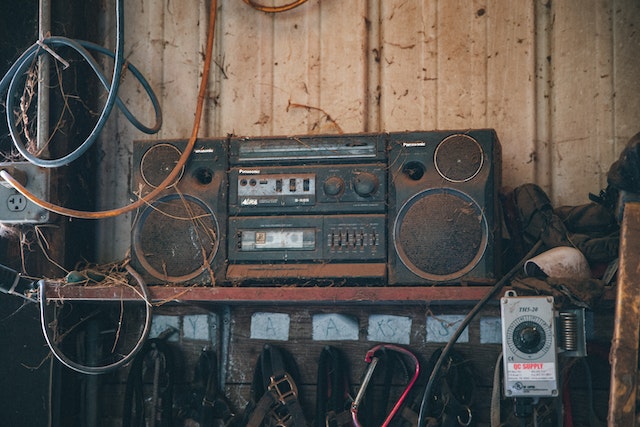
The problem with novelty is that it's short-lived. Once that fizzles away, so does our engagement. Oftentimes, we’ll learn lots about a hobby without ever actually trying it before our interest wanes. Other times, we’ll spend quite a bit of money and start a few projects, but never finish any of them.
This is such a common occurrence — even among neurotypicals — that knitters, painters, and other crafters have coined their own term for it: UFOs. (No, not the extraterrestrial kind.)
UFOs, or Unfinished Objects, are projects that were started, but have subsequently been put down, neglected, or fully abandoned.
My abandoned hobbies: a memoir
The difference between an avid yarn enthusiast and a hobby-hoarding ADHDer is that we tend to have UFOs in all sorts of areas. I cringe just thinking about the workout gear languishing at the bottom of my closet, the never-assembled sewing kit, that beanie I started making for my partner in 2015, and the dried up kombucha scoby I threw away after abandoning my tea-fermenting ambitions.
And that antique sewing machine? It’s currently in the corner of my bedroom, buried under laundry bags.
In the same way I berated myself for quitting career paths, I’ve spent a long time feeling awful about my tendency to bounce from hobby to hobby, and regretting the time and money wasted. “If only you had kept at playing piano, you could’ve been fantastic by now,” etc...
You get the idea.
Changing perspectives about your many hobbies
Since getting diagnosed with ADHD, I’ve reframed the way I think about my hobby-collecting behavior. I’d like to invite you to consider the following thoughts:
Who says the time and money were actually wasted?
Personally, I enjoy my time spent on hobbies — I learn a lot! The amount of times my random knowledge has actually been helpful to someone is astonishing — and the looks on my friends’ faces are an added bonus.
There's nothing wrong with NOT mastering a craft/art/hobby.
Chances are, you’re doing this for your own pleasure — no need to impress anyone!
It's okay to move on to new hobbies every so often. Just because you lost interest in a hobby once, doesn’t mean you’ll never find joy in it again.
Collecting hobbies makes you unique and versatile.
Mastering a skill is great, but there’s just as much value in people interested in a wide array of topics. It gives you new perspectives and helps you find original solutions to problems.
Final thoughts
And finally, let’s circle back to that idiom from the beginning of this post. Did you know that there is another line to it that really changes things?
“A jack of all trades is a master of none, but oftentimes better than a master of one.”


.jpg)

